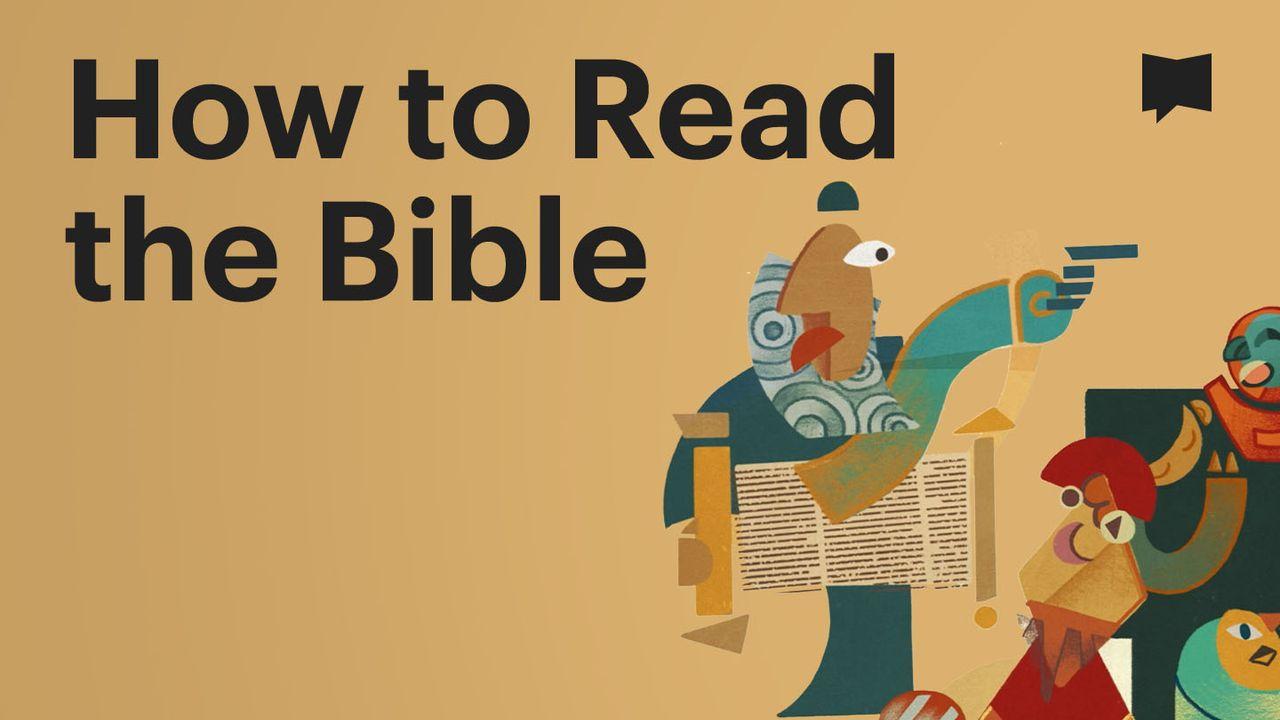计划信息
BibleProject | How to Read the Bible预览

Day 6: Character in Biblical Narrative
Most of us think of characters in the Bible as either sinners or saints, good or bad. At least that’s how Bible stories are often presented to children. In today’s video, we’ll explore the ways biblical authors present characters as more complex and morally compromised than we usually imagine.
Biblical authors use characters as vehicles for their message primarily through showing rather than telling. A narrator’s comments about a character are fairly rare in biblical narrative (such as physical appearance, as in Joseph’s looks, Saul’s stature, Esau’s hair, etc.). Additionally, direct characterization is extremely rare in the Bible (such as describing someone as evil, good, righteous, wise, foolish, etc.). Biblical authors give you the outline of a character, but you have to fill in the rest based on what you read in the text.
For example:
\- Esau is hairy, meaning that he’s “outdoorsy,” primitive, and behaves like an animal.
\- Eli is old and blind, meaning he is literally and relationally blind, since he ignores the rebellion of his sons.
\- Saul is tall and David is short, emphasizing their contrasting characters. Saul imposes himself from above, and David humbly allows God to exalt him from below.
Characters’ names also often indicate their role in the story.
\- Saul = “the one asked for”
\- Abram/Abraham = exalted father / father of a multitude
\- Israel = struggles with God
\- Adam = humanity
Biblical narrators prefer to show people’s character rather than tell you an evaluation. Instead of moralizing about characters’ decisions, biblical narrators simply show you the decisions and consequences of characters’ decisions and allow you to ponder the significance.
God is the only character who continues through every movement of the biblical narrative from beginning to end, and this tells us something about the purpose of these stories. The fundamental purpose is to reveal God’s character, identity, and purposes in history.
读经计划介绍

The Bible is the most influential book in human history, but what is it exactly? This reading plan is designed to introduce you to the Bible and its unique design, various genres, and unified story.



